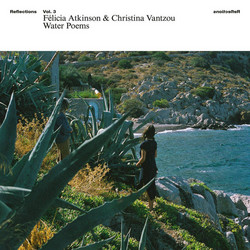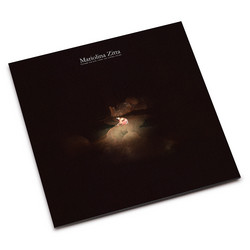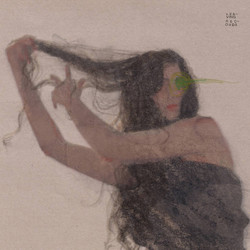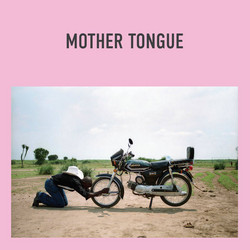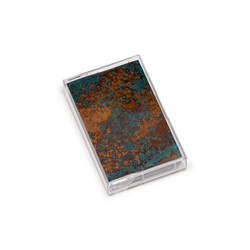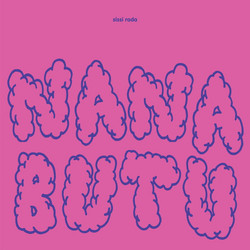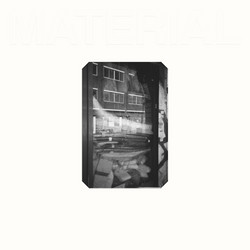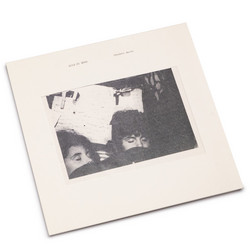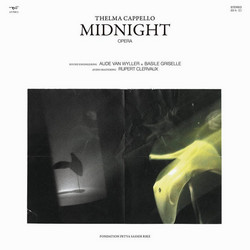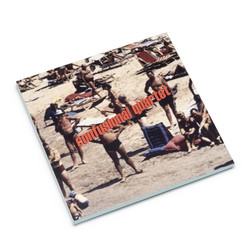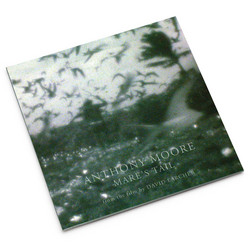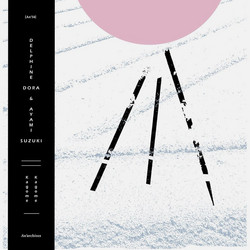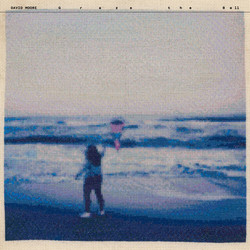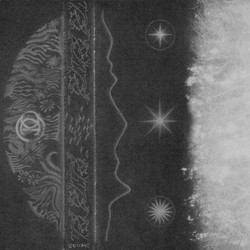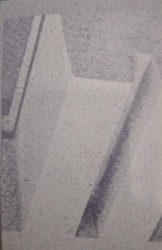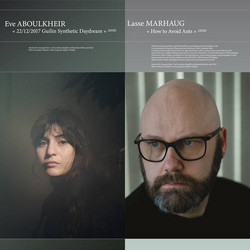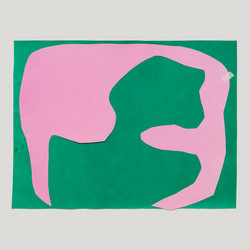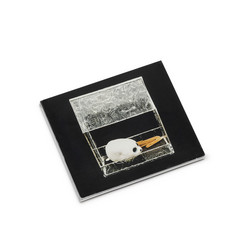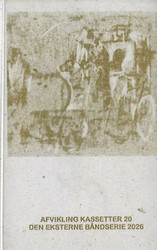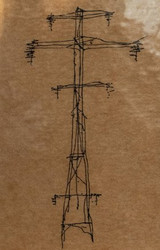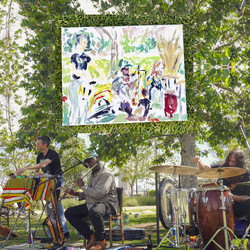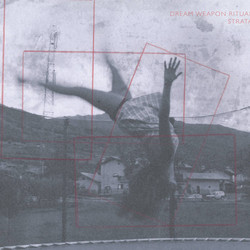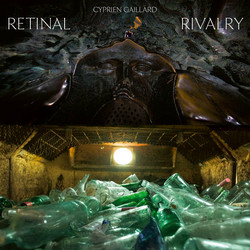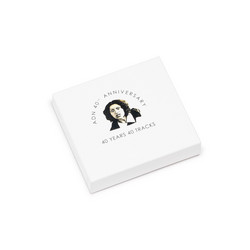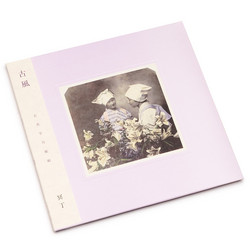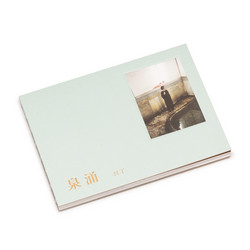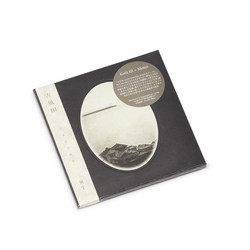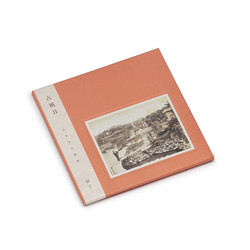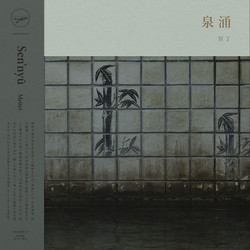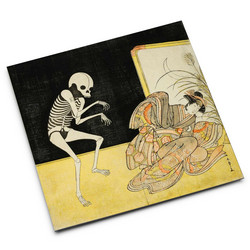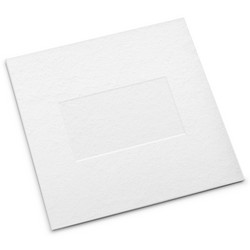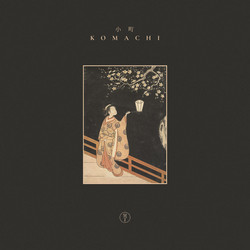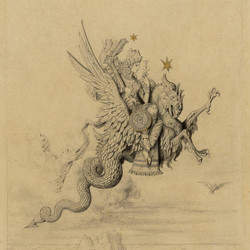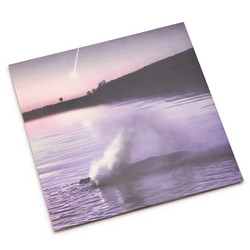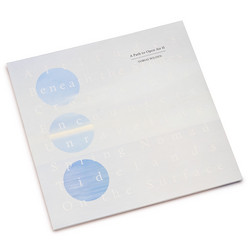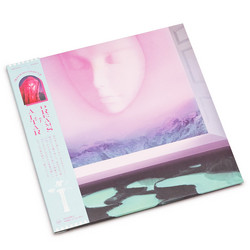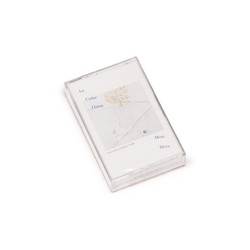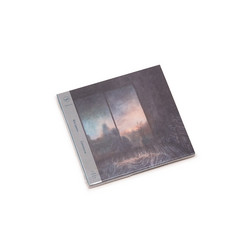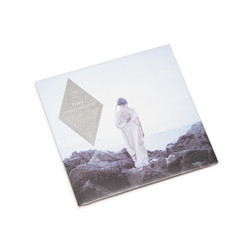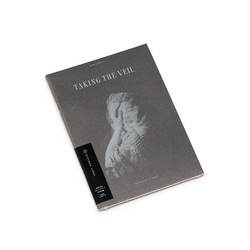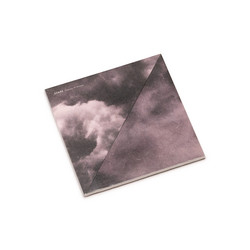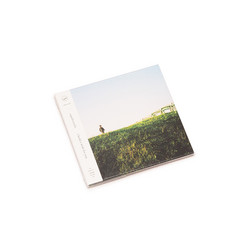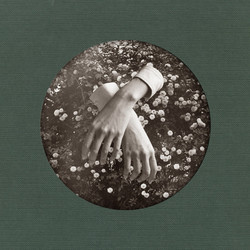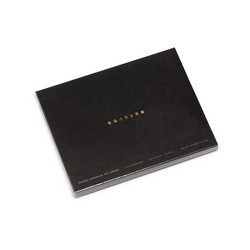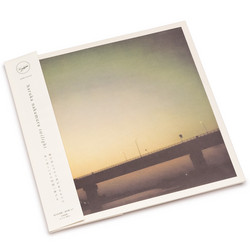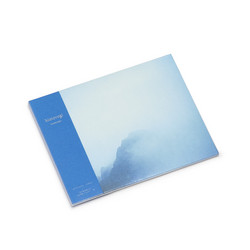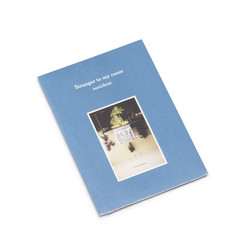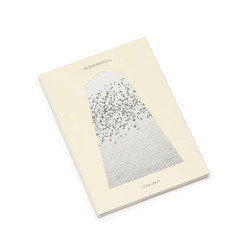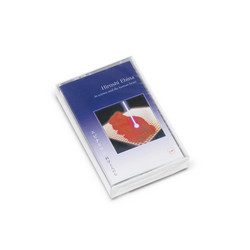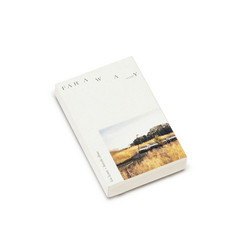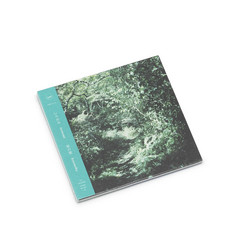** 180g heavyweight vinyl in 12" debossed sleeve with capped obi, 32pp booklet (22x14cm) with words in Japanese and English from Meitei. Offset printed, full colour on premium matt paper. ** Hailing from Hiroshima, Meitei, unveils the final chapter of his transformative Kofū trilogy. “Kofū III” marks the apex of a musical journey that began in 2020, unraveling an introspective exploration of the artist's psyche while delving deep into the essence of Japanese culture. This latest release invites listeners into the innermost sanctums of Meitei's existence - a passage filled with serenity, self-discovery, and the triumphant conquest of personal demons. Meitei's journey has been deeply intertwined with his surroundings. His move from bustling Kyoto to the tranquil rural town of Onomichi in Hiroshima wasn't just a change of location but a profound shift in his life. Navigating through the ebbs and flows of mental well-being, Meitei found solace in the quiet, low-key energy of Onomichi, where he began creating his distinctive brand of "ambient" music dedicated to resurrecting ‘lost Japanese moods’.
"Kofū III" is not just a collection of songs; it's a window into Meitei's mind, where he reflects on ‘the Japanese mental landscape,’ as experienced during the period of his return to his hometown. This album stands as a testament to Meitei's evolution, from his tentative inner quest to a state of deep healing. "Kofū” and its precursor, "Kwaidan”, germinated in the solitude of Onomichi, embodying the mysterious, vanishing essence of Japan that Meitei unearthed in the shadows of his hometown. With "Kofū III" this exploration reaches its zenith, weaving musical landscapes that transcend temporal bounds. Each track vividly paints bygone eras and vignettes, all while drawing on the rich tapestry of Japanese literature and mindscapes.
Meitei introduces listeners to the tranquil Hiroshima countryside in 'Reimei,' while 'Hiroshima' reflects upon the city's transformation. It explores Meitei's intricate relationship with the city and contemplates the ever-changing visage of contemporary Japanese progress. Within the sonic fabric of "Kofū III", "Shisei" brings listeners to Japan's past, when tattoos bore the name "Shisei". Fueled by Junichiro Tanizaki's "Shisei" narratives, the song paints a sensual tale of a tattooed man adorning a woman with a spider tattoo.
Meitei's authenticity shines through in "Kofū III", where complex emotions metamorphose into a kaleidoscopic fusion of lo-fi bliss. In "Yume-jūya", Meitei recounts a peculiar dream and the lingering anxiety it left behind. Also, inspired by the famous Japanese writer Soseki Natsume's "Yume-jūya", Meitei's interpretation offers his own perspective on this comical and bizarre tale. "Edogawa Ranpo" stands as a mind-bending loop track that pays homage to the genius of the lesser-known Japanese author Edogawa Ranpo, a pioneer of the mysterious and bizarre. This experimental piece melds folklore, electronic rapture, and distortion, echoing Meitei's fascination with Ranpo's work since his elementary school days.
At the core of "Kofū III" lies "Heiwa", originally titled "1945", encapsulating Meitei's profound reflection on peace education in his hometown and the weighty significance of acknowledging historical tragedies. Its renaming as "Peace" symbolizes his personal odyssey towards understanding and reconciliation.
As Meitei concludes his Kofū trilogy, global listeners are invited to embark on this voyage to unearth the hidden treasures of Japanese culture and the depths of the human soul. "Kofū III" is a meditation on the intangible threads that bind us to our past - a portal to Japan's veiled history, capturing the essence of Japan's elusive spirit through the enigmatic landscapes of Meitei's inner terrains.
